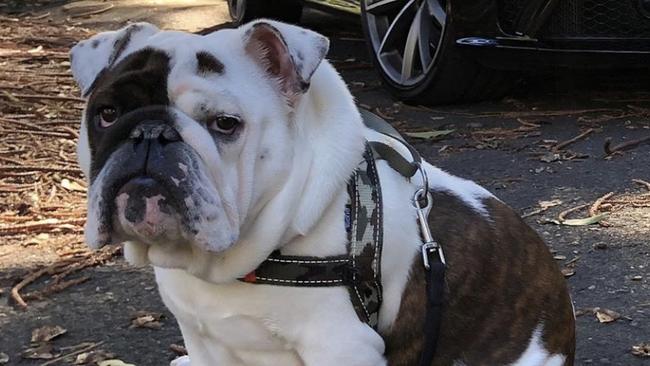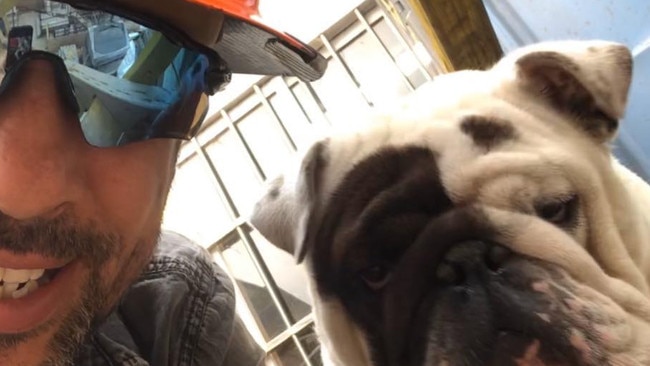RSPCA calls for airline changes and bans on at-risk breeds
The deaths of two pet dogs on Australian flights has sparked calls from the RSPCA for a shake-up of how pets travel across the country.

Local
Don't miss out on the headlines from Local. Followed categories will be added to My News.
RSPCA Australia has called on Australian Airlines to consider how pets could travel safely with passengers following the recent deaths of two dogs.
RSPCA Senior Scientific Officer (Companion Animals) Dr Sarah Zito said the recent loss of two beloved pets while being transported by an airline highlighted the inherent risks and she called on airlines to begin to explore “how pets might travel … in the cabin with other human passengers”.
Dr Zito said warned even with “best care” transporting animals by air was simply “too dangerous”.
She said air transport, especially for brachycephalic or flat-faced breeds, carried “particularly high risks as their extreme features mean they often struggle to breathe and regulate their body temperature – even in mild conditions”.
She said the RSPCA regularly engaged with the major airlines and would continue to do so “especially in light of these latest incidents”.

Sydney man Anthony Balletta’s bulldog Frank was found dead in his crate at Melbourne Airport after arriving on a Qantas flight just days after Kay Newman’s dog Duke died on a domestic flight to Brisbane.
“This is a terribly sad situation for all involved, and our thoughts are with these two owners who have lost their beloved pets under such tragic circumstances,” Dr Zito said.
“Australians love their pets and most of us understand they are seen as members of the family, not just objects or property.”
She said it was absolutely essential that “animals cannot be left in extreme temperatures on the tarmac for any length of time”.
She also urged owners, with at risk breeds, to avoid flying “these breeds if at all possible”.
“The inherent risks to these breeds are so great … and we encourage airlines to implement policies that do not allow these breeds to be flown,” Dr Zito said.
The RSPCA has prepared information for pet owners to consider before transporting their pet by air.


